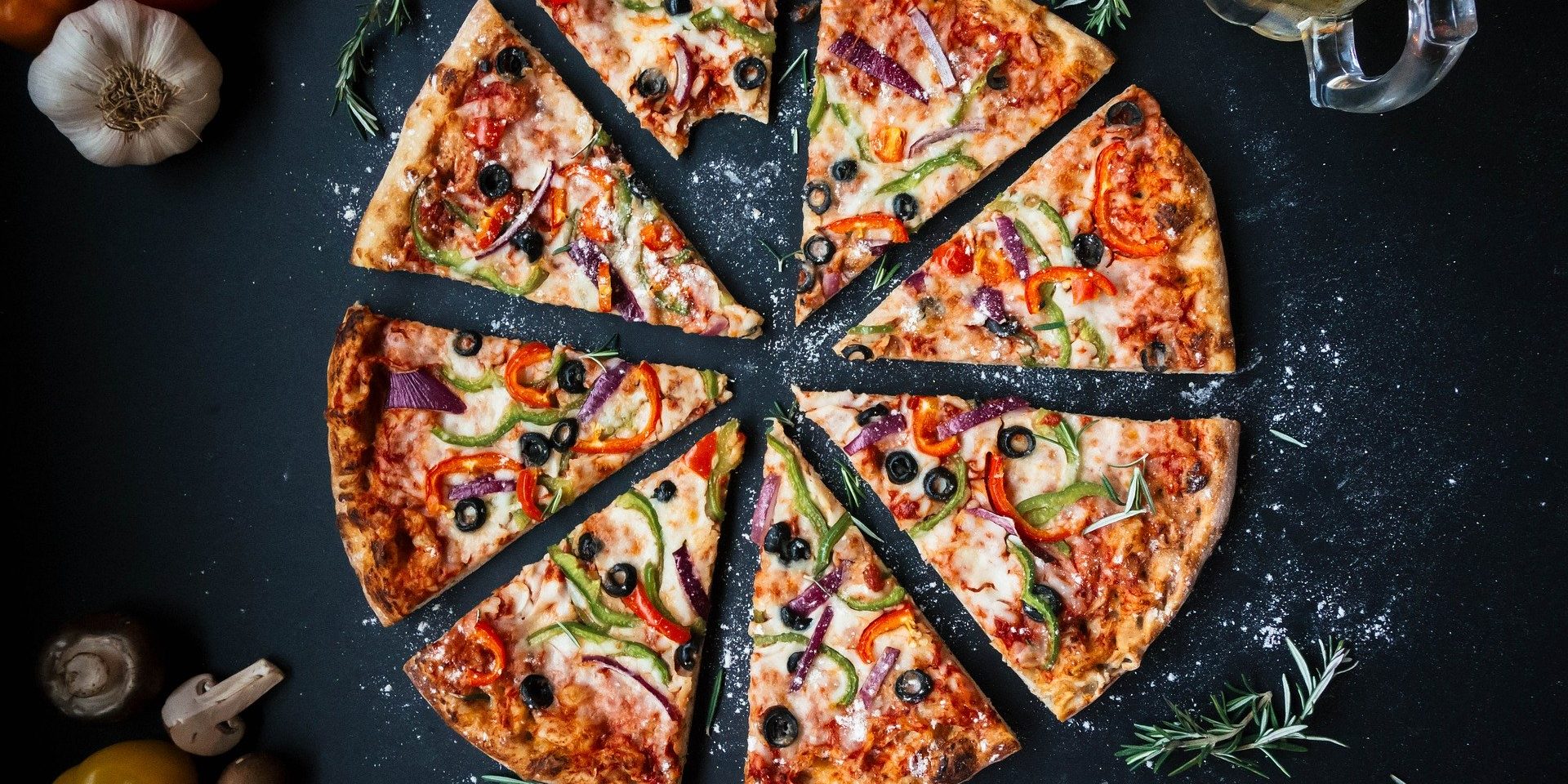By Kaitlin Dunn, Writer, Hospitality Sales & Marketing Association International (HSMAI)
 Much like the rest of the hospitality industry, food and beverage is at the precipice of change, accelerated by the lockdowns and prohibition of dine-in business brought about by the COVID-19 crisis. With that in mind, Sherri Kimes, researcher and professor emeritus at Cornell University’s School of Hotel Administration, and HSMAI Revenue Optimization Vanguard Lifetime Award winner, gave a presentation titled “How to Reposition Your F&B to Succeed in the ‘New’ Restaurant Reality” as a part of HSMAI’s virtual ROC@Home event.
Much like the rest of the hospitality industry, food and beverage is at the precipice of change, accelerated by the lockdowns and prohibition of dine-in business brought about by the COVID-19 crisis. With that in mind, Sherri Kimes, researcher and professor emeritus at Cornell University’s School of Hotel Administration, and HSMAI Revenue Optimization Vanguard Lifetime Award winner, gave a presentation titled “How to Reposition Your F&B to Succeed in the ‘New’ Restaurant Reality” as a part of HSMAI’s virtual ROC@Home event.
While the COVID-19 crisis has brought F&B issues to a head, they have been underlying for a while, as customers have shown a preference for off-premises dining such as takeout or delivery. Many F&B professionals have been slow to embrace this because of lower profitability, and thus they haven’t made the necessary investments for the future. But when restaurants closed as part of the coronavirus lockdown, they were forced to adapt in order to survive, rapidly bringing about the transition to a new restaurant reality.
Kimes explained how F&B professionals can continue to maximize the tools they have at their disposal and embrace this new reality. The challenge is trying to make the same amount of money — or more money — with fewer diners. Kimes’ main points: Restaurateurs need both to tweak their existing systems and to innovate. Meanwhile, she recommended utilizing tools such as pricing, upselling, menu design, promotion, and distribution as always. “You want to use these to your full advantage, because they are always going to be available to you,” Kimes said.
Beyond that, it’s necessary for hotels to tweak restaurants, banqueting, and in-room dining, all of which need to be rethought in light of COVID-19 limitations. “What can you do to generate more revenue from what you have right now?” she asked.
Most obviously, restaurants need to readjust the number of patrons they can serve in their space. Kimes suggested finding unused space, such as excess guest rooms, to serve customers — and focusing on customers outside of the dining room. “The concept of capacity has changed,” Kimes said. “You have to make the most of the seats that you can fill. You can’t do it by raising the price too much, but if you have a lot of excess staff, see if they can deliver it. There’s some wonderful food in hotel restaurants and we should get it out there.”
Indeed, food delivery is what saved a lot of restaurants during the worst of the pandemic, but many hotel restaurants have been slow to embrace it. “There’s a lot of potential there,” Kimes said. “There’s a lot of issues as well, but it’s a revenue stream that you need to look at.”
While banquets for business meetings and large weddings may not be happening any time soon, hotels need to find new ways to use their event space and kitchens when things are slow. Examples Kimes offered included utilizing the space for small weddings so guests can spread out and hosting a popup restaurant. “I saw a wedding the other day in a banquet hall, and they had their masks on, but it was still a very special event, even with 14 people there,” Kimes said.
In-room dining also offers interesting possibilities, Kimes said. Guests might prefer to eat in their rooms as opposed to eating out, which brings opportunities, but the danger lies with delivering food to them safely. Kimes suggested using delivery robots as an innovative solution. “This is a wonderful opportunity that you should take full advantage of,” she said. “It’s an unwanted opportunity, but it’s a chance, so don’t waste it.”
There are many more creative opportunities for restaurants to serve customers from a distance. Kimes gave several examples that she has seen become successful, including a signature cocktail delivery service, selling food kits to make things like breakfast sandwiches, and sending out wine as part of virtual wine tastings. “We never thought anything like this would be successful, but it has been,” Kimes said. “We’re used to dealing with things being the same, but they’re not the same anymore. Right now, there’s a limit to how much you can do with rooms and you have to find other ways to generate revenue. It’s a great opportunity to differentiate yourself.”
To get an all-access pass that allows you to watch all of the presentations from ROC@Home in full, visit https://roc-home.heysummit.com/. For additional information, insights, and tools, visit HSMAI’s Global Coronavirus Recovery Resources page.
